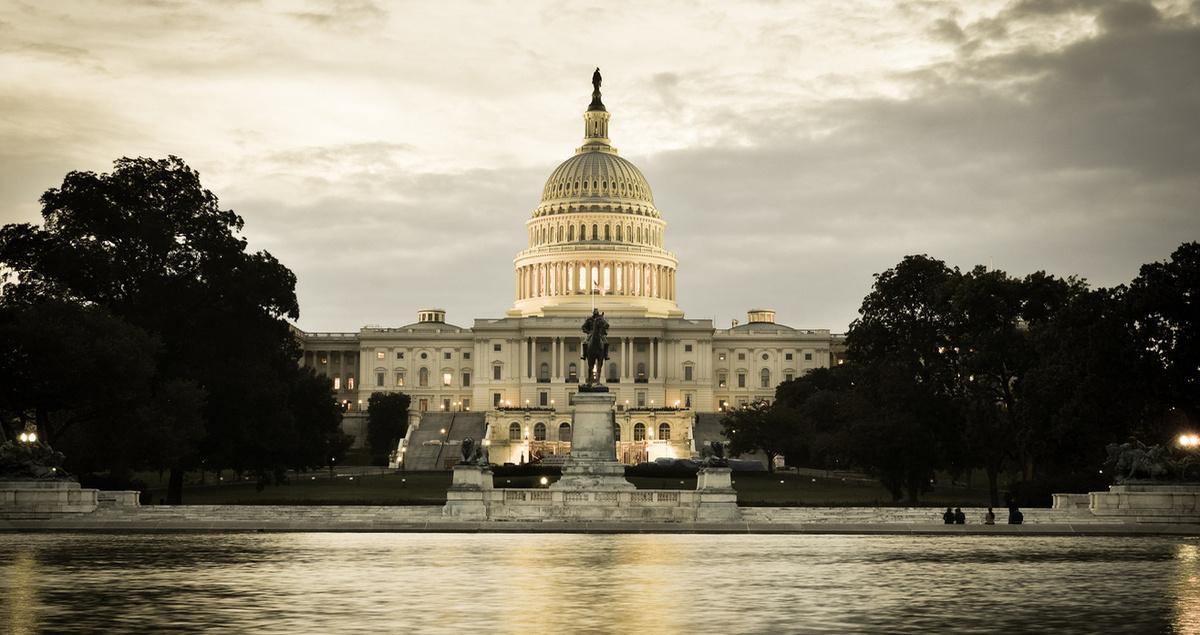The ripple effects of the Inflation Reduction Act

The Inflation Reduction Act (IRA) is America’s answer to the global call for strong policy action on the climate crisis. It includes almost $370 billion of incentives to reduce carbon emissions, including targeted support for carbon dioxide capture, utilization and storage (CCUS), heat pumps, green hydrogen, electric vehicles (EVs) and energy storage.
The introduction of the Inflation Reduction Act (IRA) of 2022 by the US government has sent ripples across the global energy industry.
Several months on, we’ve had some time to think about this law, which seeks to invest and catalyze hundreds of billions of dollars in US clean energy production. We’ve seen reactions from non-US companies, nations, and blocs that are affected by the federal law, not all of them positive.
But ‘positive’ is one of the words I’d use to describe the impact on the energy industry from the IRA. Pragmatic would be another. Disruptive would be a third.
Positive for net zero
Why positive? Because there is a general global alignment on green investment. Of course, the IRA has led to companies wanting to invest more in green projects in the US because the conditions are right for investment.
We also see that the general direction — all across the world — is towards reaching net zero. Anything that moves us closer to that goal has to be seen as positive.

Pragmatic for manufacturers
The IRA is pragmatic too — and comprehensive, directing around $370 billion in federal funding to clean energy, with the goal of substantially cutting US carbon emissions by 2030.
The funds will be delivered through a mix of tax incentives, grants, and loan guarantees, covering all the solutions needed to help us get to net zero, from CCUS, to geothermal, renewable, hydrogen, ammonia and more. The IRA is providing real solutions at scale, and manufacturers can work with the tools it offers them.
Disruptive for non-US markets
The IRA is also disruptive. You cannot throw a stone into the water and not expect ripples. And the IRA is a very big stone. In fact, it improves the country’s green business case by so much that other areas of the world are racing to respond.
Take the EU. I can’t think of a region that has been doing more to incentivize decarbonization initiatives, while discouraging non-green energy investment. But the European Green Deal is now ‘competing’ with the US’ offering in some ways. Not all of these impacts are intentional, and there are concerns from European businesses that the IRA could pull investment away from the EU.
On the other hand, you have to feel for the US. For so long, the world has been vocal on asking the US to step up and be bold in the fight against the climate crisis. Then the IRA arrives, and the size and scale of it raises a few eyebrows, and leads to a flurry of discourse on many topics, including the impact on other regions and World Trade Organization rules.

Next steps — balance and calm
The IRA has clearly made a big splash — possibly bigger than intended — but the waters will become calm again. Right now, manufacturers and market participants involved in global decarbonization are taking stock, trying to understand the impact of the IRA and the subsequent knock-on effects.
And policymakers are also re-evaluating their decarbonization initiatives to see if they can level the playing field, and coordinate global efforts to lower emissions.
In some ways, the outlook is murky, but there are positive signals.
We’ve already seen the US working with France and Germany to communicate subsidy details more transparently so the EU can match them if they want to. And we’ve seen at least part of the EU’s response to the IRA in the form of its Green Deal Industrial Plan, which details better access to finance and more global cooperation.
The IRA has made waves, but its ultimate intention is the same across the world — accelerating decarbonization. Investment clarity and global coordination is improving every day, creating more investment opportunities that will help us achieve this goal together.
Discover more about: Building the EU hydrogen market: Next steps for policymakers





